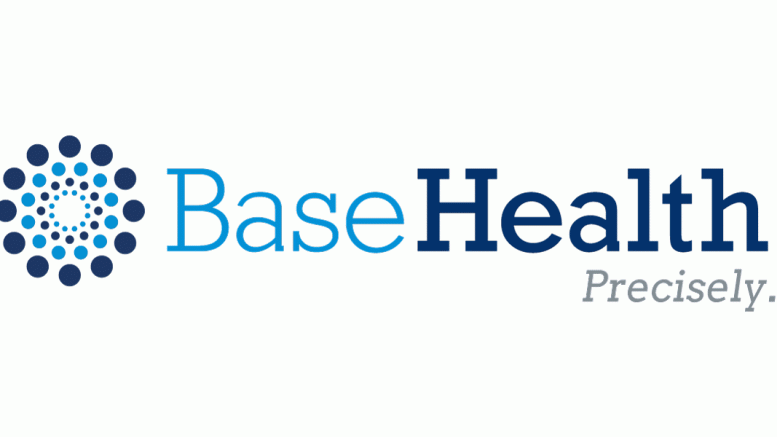Diabetes is a preventable disease, yet it’s the sixth leading cause of death worldwide, pointing to a critical need to mitigate disease risk before it occurs. Today, BaseHealth, the creator of the first predictive, evidence-based, and data-driven population health management solution, announced a study recently published in PLOS ONE that found BaseHealth’s risk assessment engine is more specific and sensitive than existing diabetes risk assessment tools, such as Framingham and Finnish risk score.
For this first-of-its-kind study, researchers from BaseHealth and Lund University in Sweden used data on a cohort of 3,400 Swedish individuals. While none had Type 2 diabetes at the beginning of the study, researchers predicted which of the individuals would at the end of a 15-year span. Using the BaseHealth risk assessment engine, which integrates patients’ environmental and genetic risk factors to assess risk for 42 complex diseases including Type 2 diabetes, the accuracy of prediction in this cohort was 3 and 8 percent higher than the Framingham and the Finnish assessment respectively.[i]
A multifactorial disease requires a multifactorial analysis
Type 2 diabetes is a multifactorial disease, meaning the risk of developing it is based on a number of environmental risk factors including diet, smoking, physical activity, BMI, and clinical markers like triglyceride levels in addition to genetic risk factors. As such, a multifactorial analysis of all known contributors is key to predicting a patient’s probability of developing the disease.
Researchers and clinicians have traditionally been limited in their ability to accurately forecast which members of a population will develop Type 2 diabetes. Existing risk assessment tools have included fewer risk factors and relied on a single, narrow population.
A better risk assessment for better results
BaseHealth uses the most updated, validated, and replicated risk factor data that have been reported by the medical and scientific community and uses artificial intelligence to predict risk against specific diseases and conditions, such as Type 2 diabetes, for individuals within a defined population. It’s the only platform that performs this type of comprehensive assessment. And while the amount of available medical, lifestyle, and genetic data for an individual varies, BaseHeath’s platform creates a proxy for missing data based on a reference population from the Centers for Disease Control and Prevention’s National Health and Nutrition Examination Survey to include more risk factors in its assessment for improved accuracy.
“This research study clearly demonstrates how our solution can help healthcare professionals navigate their patients’ risk of developing prevalent and costly diseases such as Type 2 diabetes before they start,” said Hossein Fakhrai-Rad, PhD, founder and chief scientific officer of BaseHealth. “It’s why we founded BaseHealth and we couldn’t be more pleased to be recognized for our scientific contribution to improving the health of populations and the future of care delivery.”
“Our research collaboration with BaseHealth highlights what’s possible with better technology for disease risk assessment—and that’s incredibly exciting,” said Professor Olle Melander, from the department of clinical sciences at Lund University in Sweden. “The BaseHealth platform meets an important need not only for the research community but also for the larger healthcare community, and for the millions of people who can benefit from earlier interventions to manage the risk of developing prevalent diseases such as Type 2 diabetes.”

